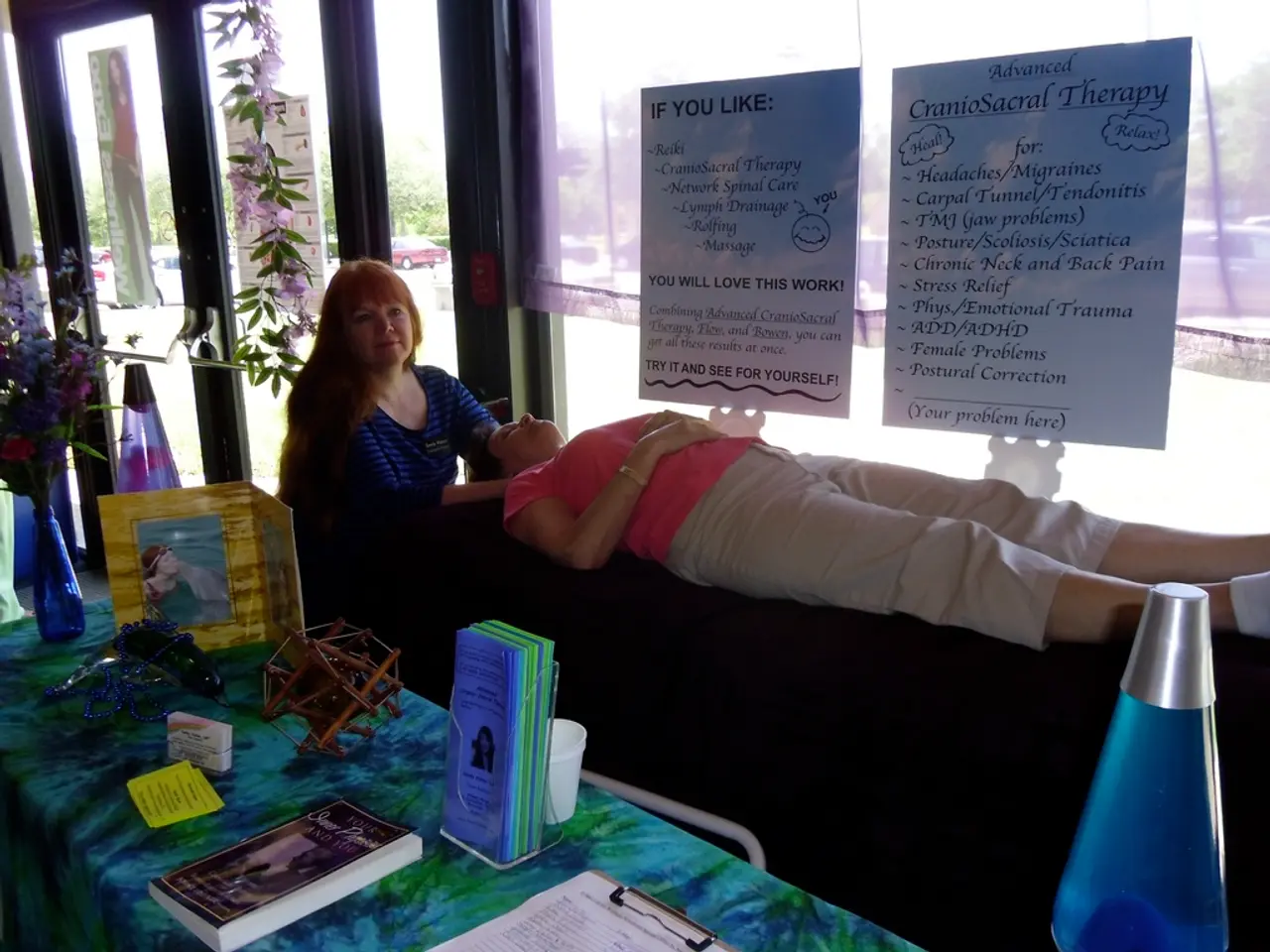Navigating Romantic Interactions with Borderline Personality Disorder
In a relationship with someone diagnosed with borderline personality disorder (BPD), understanding the unique challenges their condition presents is crucial. This article will explore strategies for managing a romantic relationship with a loved one who has BPD, focusing on improving communication, setting healthy boundaries, and supporting therapy.
People with BPD often experience intense emotional reactions and distorted perceptions, which can lead to relationship instability and conflict. They may struggle to understand others’ needs and how their behavior affects their partner, leading to episodes of jealousy, impulsiveness, and outbursts. Relationships with someone with BPD tend to cycle through stages, including idealization, doubts, neediness, withdrawal, devaluation, and reconciliation.
Improving communication is a key approach to managing the relationship. Listening carefully and acknowledging your partner’s feelings helps soothe emotional crises. Adjusting how you communicate, recognizing that your partner might misinterpret cues or intentions, can help diffuse conflicts. Calm, empathetic dialogue is essential.
Setting healthy boundaries is another important strategy. Establishing and consistently enforcing limits helps provide structure and predictability, reducing chaos and fostering trust and respect. These boundaries also help your partner adapt to external demands and improve their behavior regulation.
Encouraging your partner to engage in therapy provides them a safe space to address emotional regulation and relational issues. Couples therapy can be valuable for improving mutual understanding and managing conflicts more constructively.
Managing own reactions is also crucial. Being aware of how you respond to your partner’s emotional expressions is essential. Controlling your own emotions and reactions, and maintaining patience, allows you to respond supportively rather than reactively.
Understanding the typical BPD relationship pattern can prepare you for ups and downs and help you react more compassionately. Recognizing the cycle—honeymoon, doubts, neediness, withdrawal, devaluation, and reconciliation—can help you navigate the relationship more effectively.
Building support systems is another essential strategy. Encouraging your partner to develop networks outside the relationship offers emotional grounding and prevents codependency or manipulation.
In summary, a stable and rewarding relationship with a partner with BPD requires informed empathy, clear boundaries, improved communication, engagement with therapy, and mutual patience. With these strategies, it is possible to foster a healthy, lasting partnership despite the difficulties BPD can present.
However, it's important to remember that you're not responsible for another person's actions and behaviors, especially when dealing with a person with BPD. Ignoring self-destructive behaviors and suicidal threats is not an option if you believe your loved one is at immediate risk for suicide.
Small things can trigger intense reactions in people with BPD, such as having to work late or deciding to go out with friends. It's essential to be aware of these triggers and communicate openly about them to help manage the relationship effectively.
Ultimately, managing a relationship with someone diagnosed with BPD requires patience, empathy, and a commitment to understanding and supporting your partner. With the right strategies, it is possible to build a strong, loving relationship that lasts.
Acknowledging and addressing mental health issues like BPD in relationships is crucial. Coping skills such as calm, empathetic dialogue, setting healthy boundaries, and encouraging therapy can help improve communication and reduce conflicts. Building support systems outside the relationship can provide emotional grounding and prevent codependency. However, it's important to remember that the responsibility for another person's actions and behaviors, especially in the case of BPD, lies with the individual. Ignoring self-destructive behaviors and suicidal threats is not an option if safety concerns arise. Love and dating a person with BPD requires patience, empathy, and a commitment to understanding and supporting their health-and-wellness, while maintaining self-care and personal boundaries. In summary, with the right strategies, it's possible to create a strong, loving relationship that focuses on health-and-wellness, mental-health, and positive lifestyle choices, despite the unique challenges presented by BPD.




